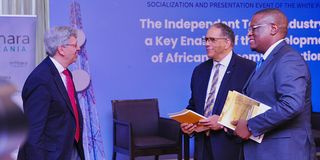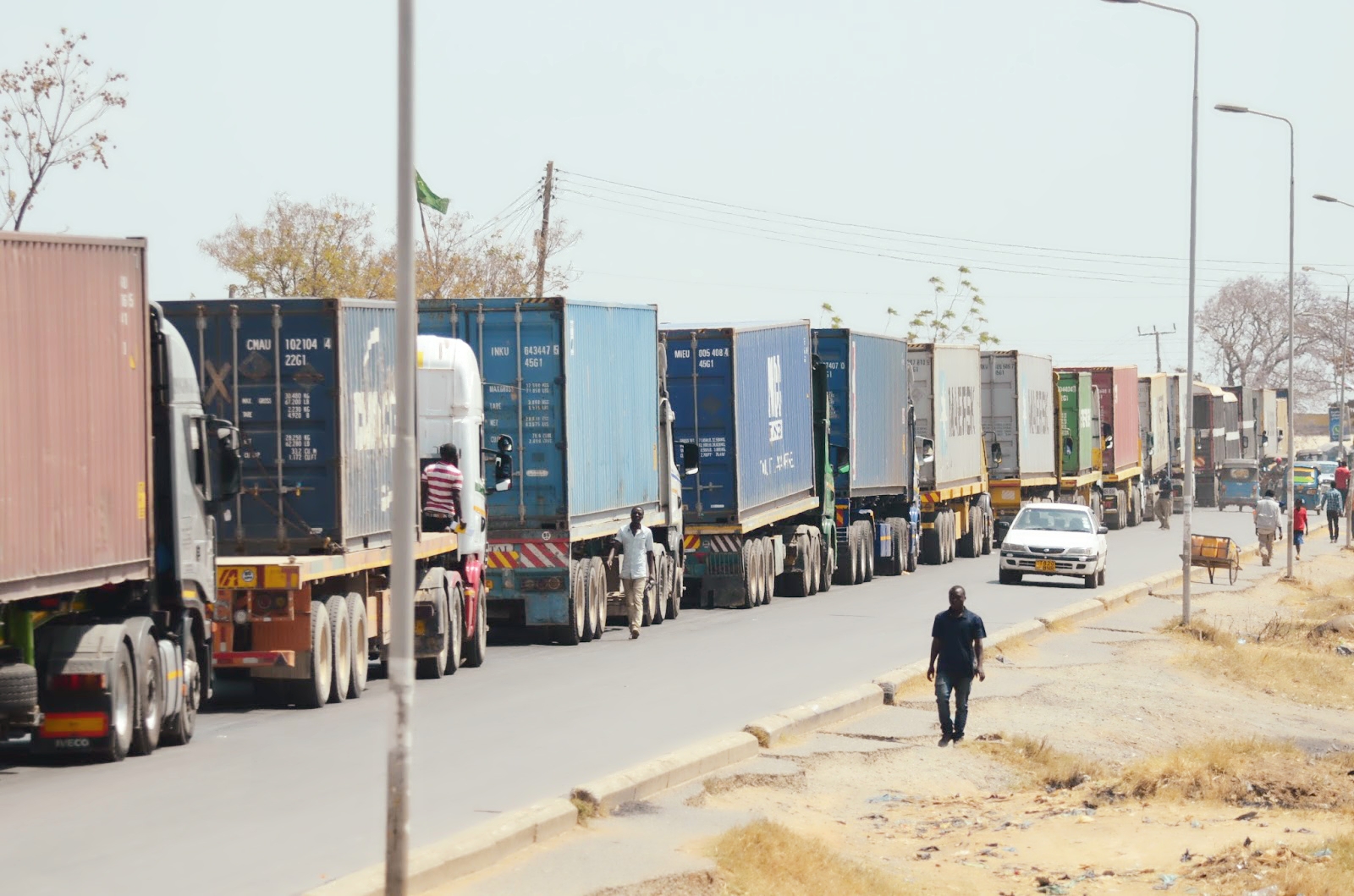New report touts policies mandating telecom infrastructure sharing

What you need to know:
- A view of the African tower industry structure indicates that 44 percent of the tower stock is already run by independent companies.
Dar es Salaam. A new report has highlighted the importance of policies mandating infrastructure sharing in the telecommunication sector as a way of facilitating the development of 5G technology across Africa.
The study examining the role of the independent tower industry in propelling the expansion of connectivity in the African continent was conducted by Telecom Advisory Services as it’s commissioned by wireless infrastructure provider SBA Communications which operates in Tanzania.
“…active sharing can result in additional benefits, particularly in fulfilling rural coverage,” the report stated.
As of 2023, wireless tower deployment in the 14 African countries which the study focuses on reached over 172,000, according to the study.
A view of the African tower industry structure indicates that 44 percent of the tower stock is already run by independent companies.
When compared with other regions, Africa is a fairly developed independent tower company market, behind only the Americas (48 percent).
The gradual divestiture of African mobile network operators (MNOs) of their tower infrastructure and the combined development of MNO-owned and independent tower companies in the continent raise the question of the impact of tower ownership on future industry development.
“In other words, is the growing share of independent tower specialists associated with improved industry performance, as measured by capital efficiency, network deployment, service adoption and quality?” the report authors queried.
A key finding from the research correlates an increase in the number of independent towers with improvements in mobile affordability, 4G coverage, service quality, competition levels and mobile broadband adoption.
Further, in examining policies mandating infrastructure sharing, the authors identified these as pivotal in facilitating the development of 5G technology, with potential benefits extending to enhanced rural coverage.
The white paper asserts that tower deployment plays a crucial role in bridging digital divides, particularly in rural areas, and is instrumental in fulfilling Africa’s growing demand for wireless broadband services.
“The development of the African wireless industry over the past two decades has been remarkable. Our research highlights the crucial role of the independent tower industry in driving this growth and underscores the need for supportive regulatory frameworks to unlock its full potential,” said researcher, Dr Raúl Katz.
As Tanzania continues its journey towards digital transformation, initiatives aimed at bolstering the tower industry in the country can play a pivotal role in accelerating progress and fostering inclusive development.
The report also touts policies incentivising infrastructure sharing to facilitate the development of 5G technology in Tanzania.
Tanzania’s Minister for Information, Communication and Information Technology, Mr Nape Nnauye, acknowledged the findings and recommendations presented in the study.
“The research underscores the critical role of the independent tower industry in driving the growth and accessibility of telecommunications services in Tanzania and across Africa,” he said.
“We are committed to supporting initiatives that promote regulatory harmonisation, fast permit approvals and long-term guarantees to foster investor confidence and support sustainable growth in the telecommunication sector, as well as creating an enabling environment that encourages infrastructure sharing to maximise the benefits of wireless broadband services across Tanzania,” he added.




